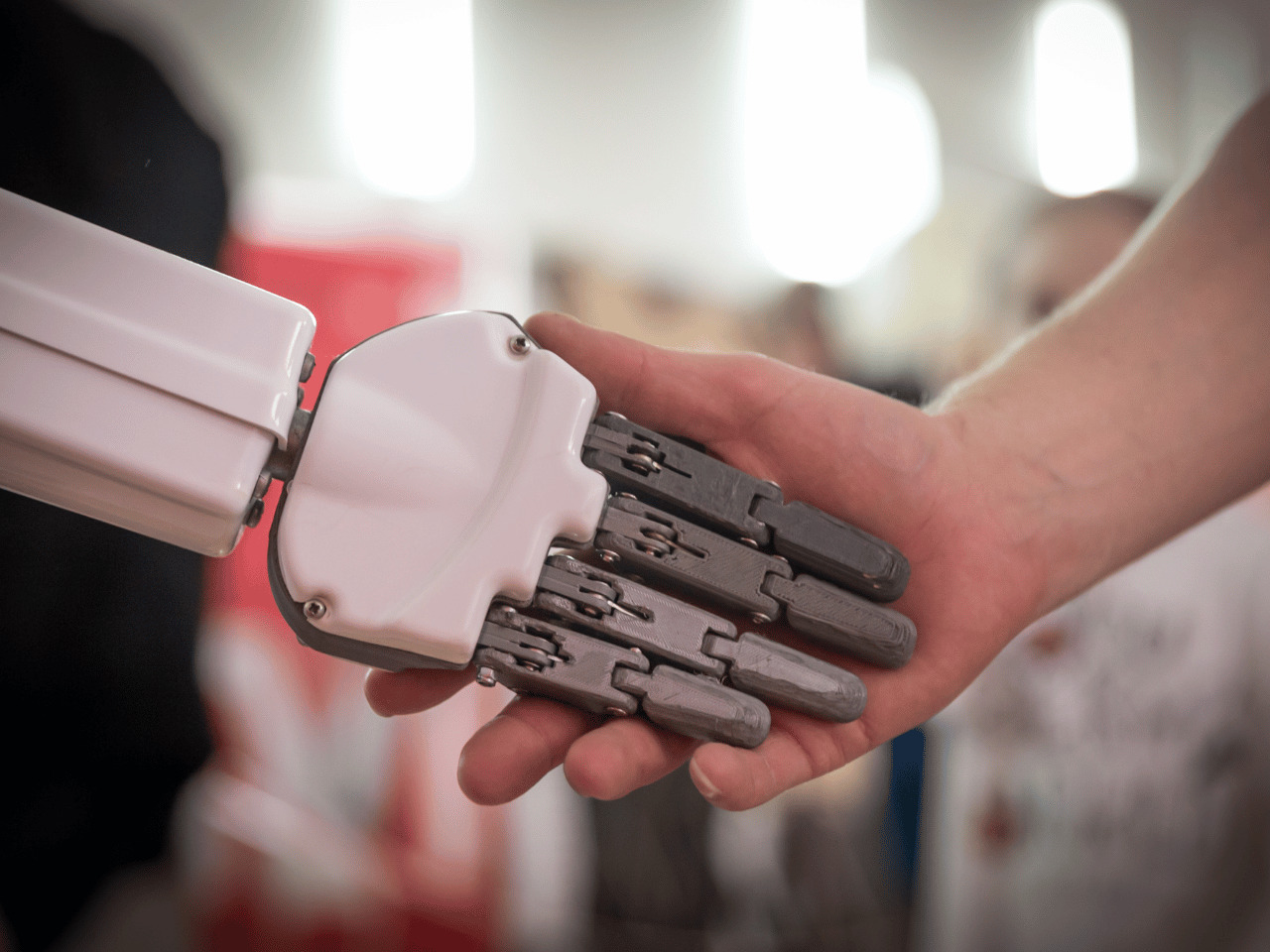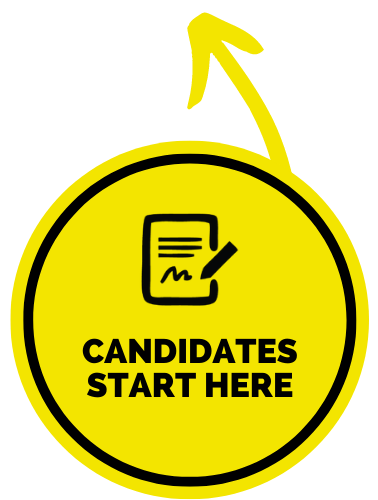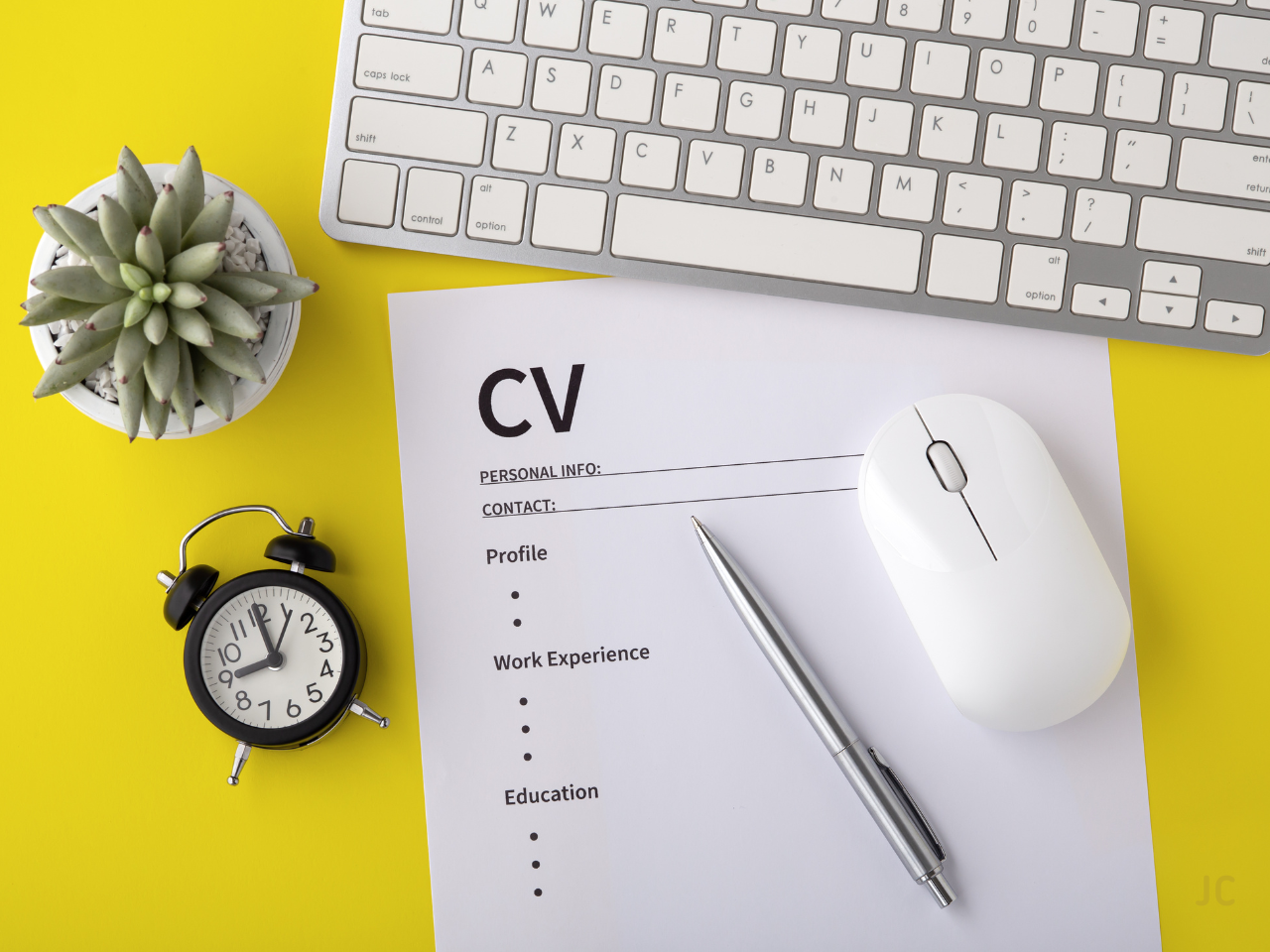
When it comes to the ever-evolving world of Artificial Intelligence (AI), one thing remains abundantly clear: the indispensable role of humans. While AI continues to advance at a rapid pace, it is human oversight that ensures its ethical deployment, guards against bias, and maintains transparency in decision-making processes. Here’s why human oversight is paramount for the future of AI and some practical ways to implement it effectively.
Human Oversight for Nuance
Despite significant strides in AI capabilities, it still struggles to match the nuanced understanding and contextual awareness inherent in human thinking. In complex scenarios, where subtleties and underlying meanings matter, humans excel, whereas AI often falls short. Recognising and interpreting these nuances is crucial, especially in fields where Diversity, Equality, and Inclusion (DEI) are paramount.
Human Oversight for Adaptability
One of the key strengths of human thinking is its flexibility and adaptability. Unlike AI algorithms that require extensive retraining and labelled data to adapt to new situations, humans can swiftly adjust to dynamic environments. This adaptability is particularly crucial in addressing biases, including unconscious biases, especially in areas like recruitment and talent acquisition.
Humans Are AI’s Ethical Compass
The potential for AI to perpetuate biases, particularly in recruitment and hiring processes, underscores the importance of human input. AI systems trained on biased data can inadvertently reinforce societal inequalities. Therefore, ongoing human intervention is necessary to develop safeguards and ensure that AI aligns with ethical principles.
Human Oversight for Learning and Improvement
Continuous learning and improvement are essential for AI systems to remain relevant and reliable. Human expertise plays a vital role in monitoring and fine-tuning AI algorithms, thereby enhancing their accuracy and effectiveness. Through regular audits, assessments, and adjustments, humans ensure that AI evolves responsibly.
Practical Ways to Implement Human Oversight
Here are some ways to practically implement human oversight:
- Establish clear guidelines and regulations governing AI development and deployment.
- Form ethical review boards to evaluate AI systems and algorithms for biases and ethical implications.
- Maintain transparency in AI decision-making processes to foster trust and accountability.
- Conduct regular audits and assessments of AI systems to identify and address any biases or shortcomings.
- Foster public participation and engagement in AI development and deployment to ensure diverse perspectives are considered.
- Provide education and awareness programs on ethical AI practices to stakeholders, including recruitment agencies and HR professionals.
In Summary:
By incorporating these measures, we can strike a balance between AI capabilities and the need for human input. This approach ensures that AI is developed and deployed in a manner that upholds ethical principles, promotes diversity and inclusion, and serves the broader societal goals. As we navigate the evolving landscape of AI, human oversight remains indispensable in shaping a future where technology serves humanity responsibly.
FAQs
Q: Why is human oversight considered essential in the development and deployment of AI?
Human oversight ensures that AI systems remain ethical, transparent, and free from biases that could perpetuate societal inequalities. It also allows for the interpretation of nuanced situations and fosters adaptability in dynamic environments.
Q: How does human oversight address biases, particularly in recruitment and talent acquisition?
Human oversight in recruitment processes helps detect and mitigate biases, including unconscious biases, that AI algorithms may inadvertently perpetuate. By providing ongoing monitoring and adjustments, humans ensure fair and equitable hiring practices.
Q: What role do ethical review boards play in ensuring responsible AI development?
Ethical review boards evaluate AI systems and algorithms for biases and ethical implications. They provide a framework for assessing the ethical considerations of AI technologies and offer recommendations for mitigating potential risks.
Q: How can AI decision-making processes remain transparent with human oversight?
Human oversight ensures transparency in AI decision-making processes by establishing clear guidelines and regulations, conducting regular audits and assessments, and fostering public participation and engagement. This transparency fosters trust and accountability in AI systems.
Q: What steps can organizations take to implement effective human oversight in AI development and deployment?
Organisations can implement human oversight by establishing clear guidelines and regulations, forming ethical review boards, maintaining transparency in decision-making processes, conducting regular audits, fostering public participation, and providing education and awareness programs on ethical AI practices. These measures help ensure that AI is developed and deployed responsibly, aligning with ethical principles and societal goals.

Sasha Knott, CEO
With over 25 years of experience in the Technology sector, having worked within the Financial Services Industry and E-Commerce, and with an expertise in strategy, Sasha is a tech dreamer, always on the lookout for where the future of recruitment is headed and taking Job Crystal with her.









